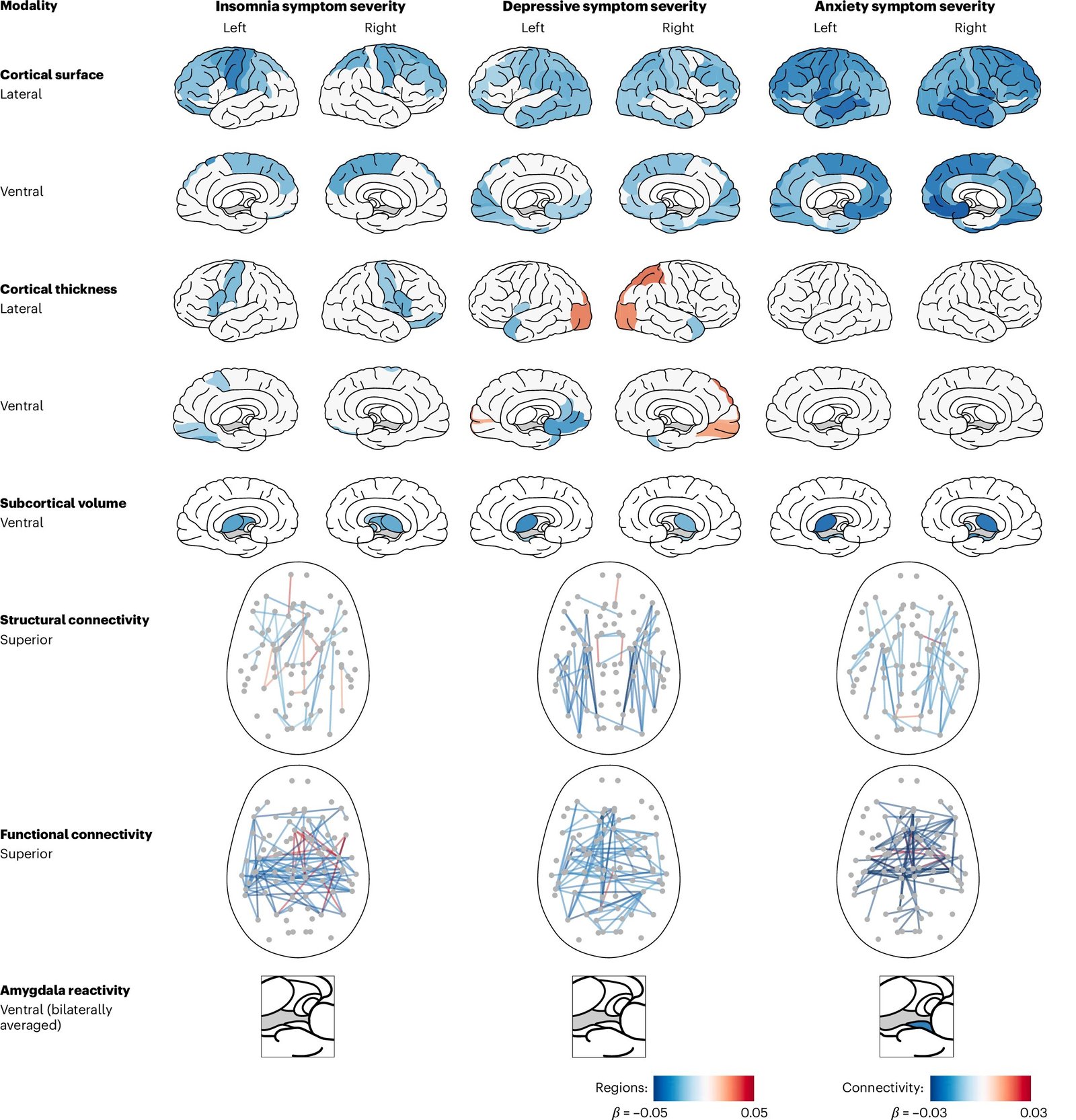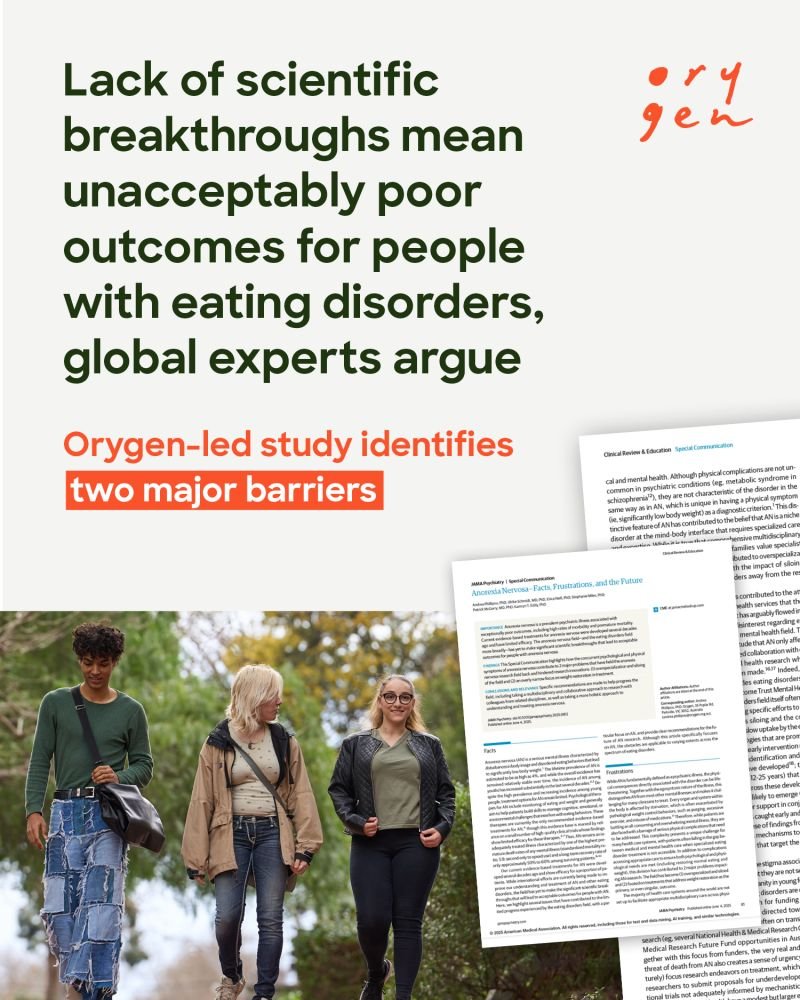The Independent Research Fund of Denmark has awarded two substantial grants to philosophical research projects that focus on depression and the ethics of extreme wealth.
The first project, titled “Understanding Experiences of Mood Disturbances in Depression,” is led by Anthony Vincent Fernandez, an Assistant Professor of Applied Philosophy at the University of Southern Denmark. This project received DKK 6,028,887 (approximately $910,000). It aims to clarify the various mood disturbances associated with depression, a condition often misunderstood due to its heterogeneous nature.
Fernandez’s research will use a combination of philosophical inquiry and qualitative methods. The project will involve in-depth interviews with individuals diagnosed with depression and a survey targeting practicing psychiatrists to assess their understanding of mood disturbances. The goal is to create a more accurate taxonomy of mood disturbances that can inform future research and interventions. The team will include a postdoctoral researcher in psychology, a Ph.D. student in philosophy, and collaborators from Columbia University, alongside an advisory board comprising experts in philosophy and psychology.
The second project, “The Morality of Extreme Wealth,” is led by Lasse Nielsen, an Associate Professor of Philosophy at the University of Southern Denmark. This initiative has been awarded DKK 6,190,416 (about $935,000). It addresses the lack of research on the moral implications of extreme wealth, a topic often overshadowed by studies on poverty and inequality.
Nielsen’s project seeks to analyze how the moral concerns associated with wealth change when it reaches extreme levels. Building on Ingrid Robeyns’ concept of limitarianism, the research will explore the ethical responsibilities of the wealthy in relation to existing societal injustices. The project has three main objectives: to identify specific moral reasons for concern about extreme wealth, to evaluate individual responsibility within this context, and to assess the moral obligations of wealthy individuals in addressing societal inequalities. The project will involve collaboration with the University of Essex, and it will include a postdoctoral researcher in moral philosophy and a Ph.D. student in political theory.
These projects represent an important intersection of philosophy and mental health research, emphasizing the need for nuanced understanding in both fields. By exploring these complex topics, the researchers aim to contribute to the ongoing dialogue around mental health and social justice.



